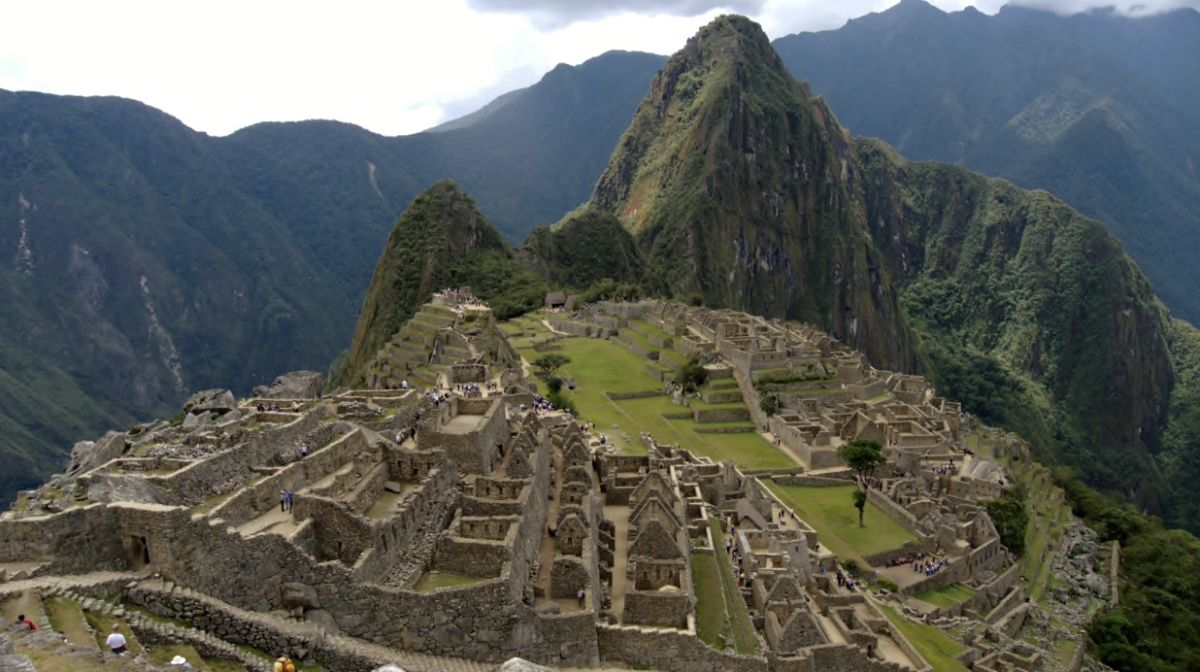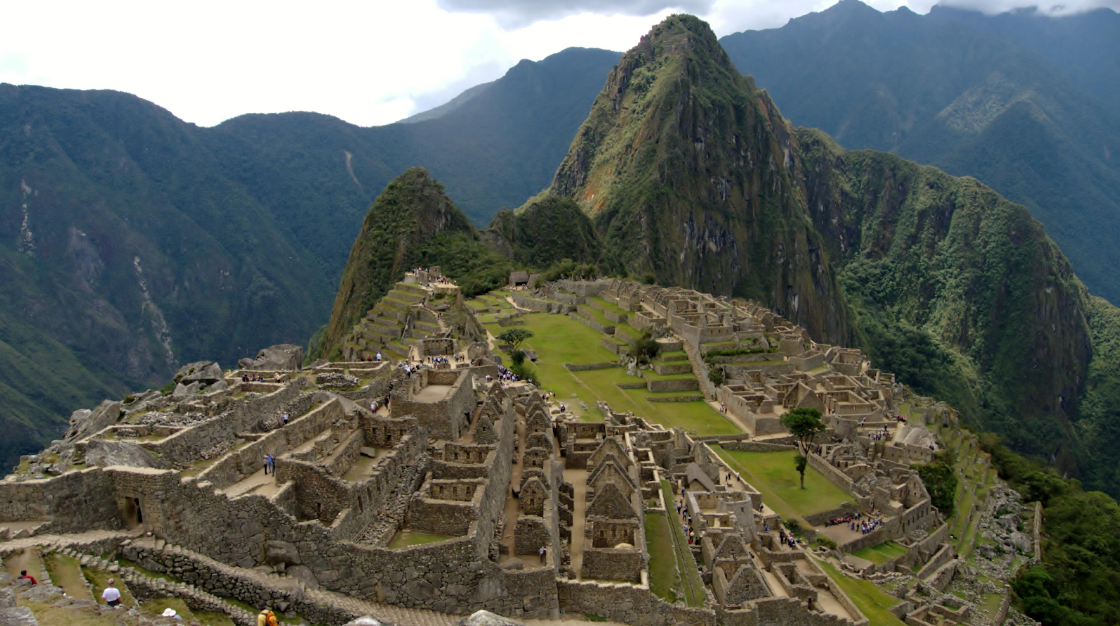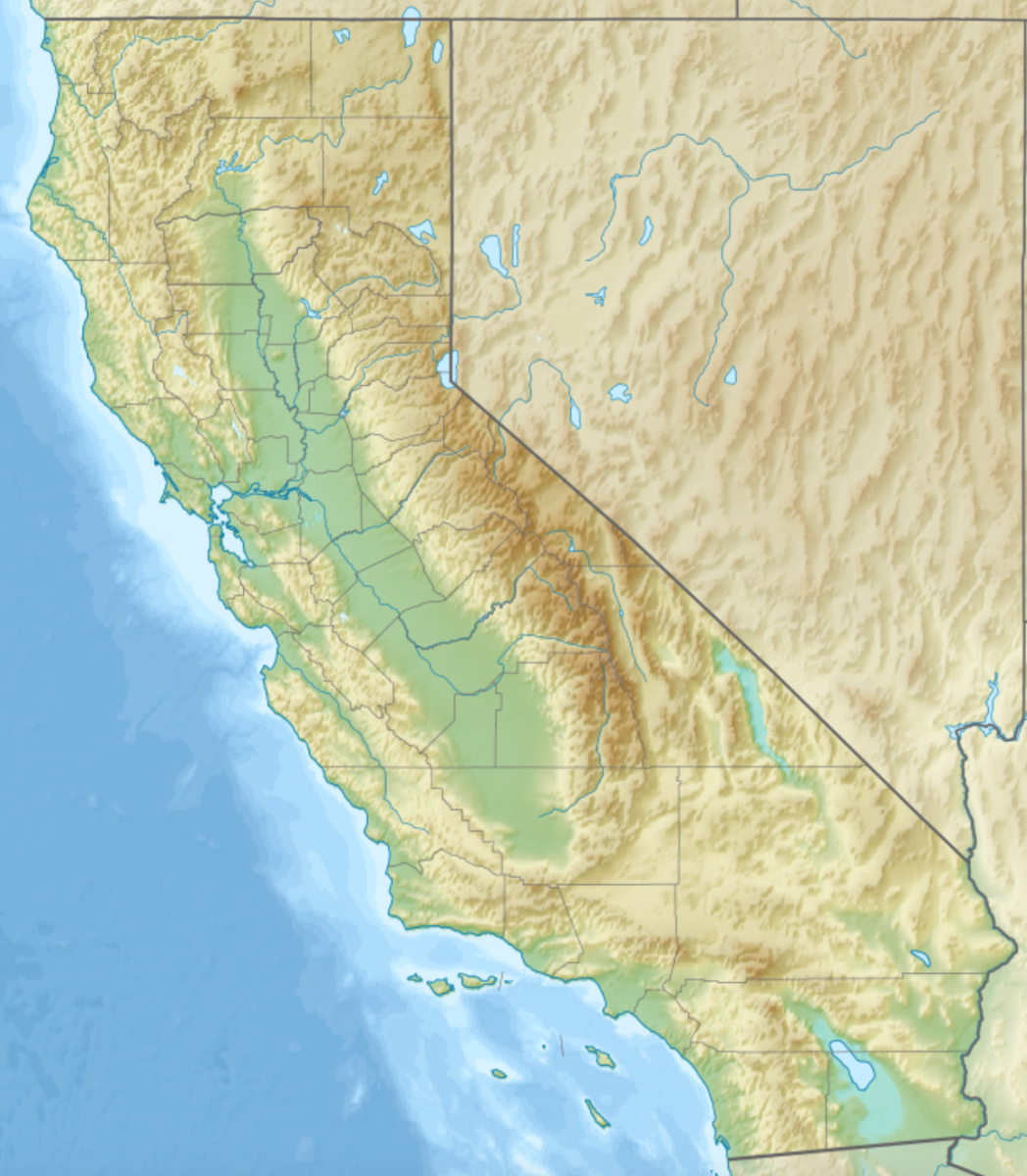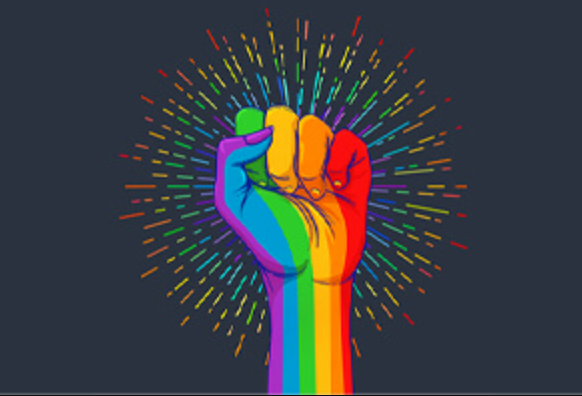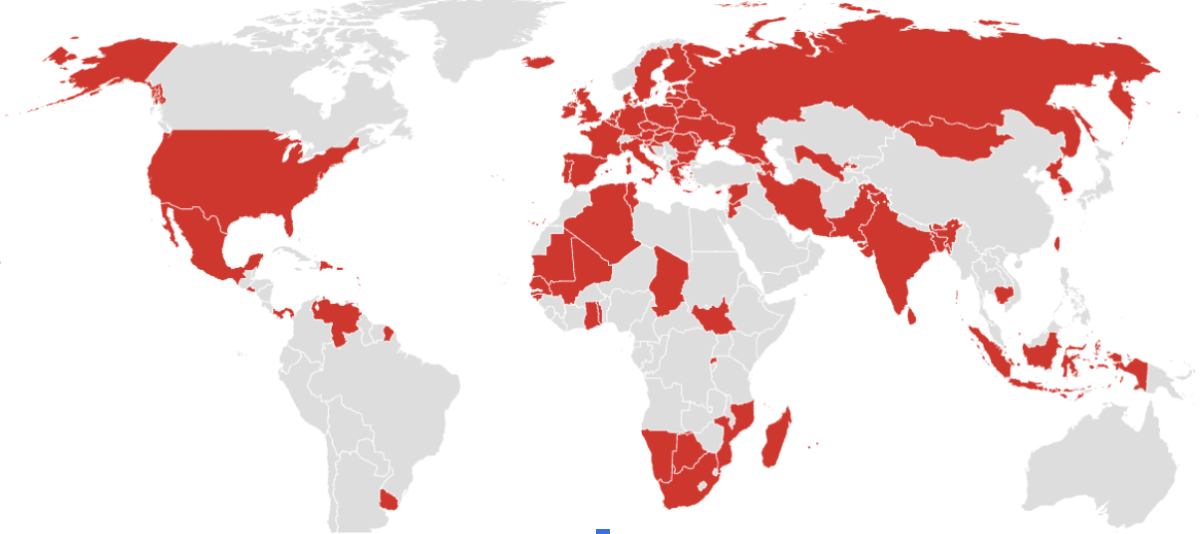As I’m sure you already know, 2024 is an election year. What you may not know, however, is that 2024 is the largest election year in world history. Almost half the world’s population will be voting this year (49%), and the results of these elections will have impacts lasting far into the future.
You’ve probably heard a lot about the American elections already, so I won’t spend too much time on them. The YouTube videos you watch, the news headlines you read, and the social media feeds you scroll through have likely been bombarding you with campaign ads and messages urging you to become a registered voter. While the primaries have just begun, there’s a pretty good chance that 2024’s presidential election will be a repeat of 2020’s.
Some of this year’s notable elections have already concluded. In January, Taiwan held elections for both its president and its legislature, elections that drew international attention because the victor would determine Taiwan’s stance toward China in the midst of growing tensions. In short, the Democratic People’s Party (DPP) aimed to maintain Taiwan’s independence from China and establish closer ties with the U.S., whereas the Kuomintang favored creating a better relationship with China and possibly even reunifying. William Lai, representing the DPP, secured the presidency, and the legislature was divided almost evenly among the two largest parties with a few independent and third-party legislators gaining seats as well.
Regardless of their result, the fairness of Taiwan’s elections was praised by the international community, receiving a Freedom and Fairness score of 0.94 out of 1 from Our World in Data, a nonprofit research organization partnered with Oxford University (for comparison, the U.S. currently has a 0.83.) Pakistan’s general elections, held on February 8th, stood on the complete opposite end of the spectrum with a score of 0.30. Dubbed “the most rigged election in the country’s history,” the Pakistani general election saw the main opposition leader Imran Khan being arrested and his entire party (Pakistan Tehreek-e-Insaf, or PTI) being forced to run as Independents. Social media users called it the “generals’ election” in reference to the Pakistani military’s increasing involvement in political issues. Outside observers believed that this would result in a clear win for the incumbent’s party, the Pakistan Muslim League-Nawaz (PML-N), but when the polls came in, the results shocked everyone. Independents aligned with the PTI still won the most seats in spite of the rigging.
The results of Indonesia’s February 14th election have raised international concern – the newly elected president, Prabowo Subianto, has had a history of human rights abuses. He was a general under a previous dictator and commanded a special forces unit connected to the torture and murder of political activists. However, Subianto has managed to completely change his public image, successfully marketing himself as a “cuddly grandpa” through a massive social media campaign that included creating his own TikTok dance. Part of the reason for his victory is that his running mate happens to be the son of the incredibly popular preceding president Joko Widodo, who had to get an exception from the Constitutional Court to even run due to his young age. Subianto’s opponents and international observers fear that democracy in Indonesia is now on the decline.
In West Africa, Senegal has been hailed as a paragon of democracy amongst dictatorships. The region surrounding Senegal has even been nicknamed the Coup Belt due to the prevalence of coups, with many countries having more than five (and one having nine) successful coups in their history. Senegal, on the other hand, has never experienced a coup, and its democracy is fairly stable. Its 2024 presidential election threatens that stability. The incumbent, Macky Sall, has been ruling the country since 2012, and has just recently attempted to postpone the election (which had previously been scheduled for February 25) to December 15. Senegal’s Constitutional Court ruled the delay unconstitutional but did agree that the election would need to be postponed for a few weeks. Sall’s opponents have referred to his attempted delay as an “institutional coup” and “high treason.” The international community waits with bated breath to see whether Senegal’s democracy will still stand after the election.
Both Koreas will be holding their legislative elections this April 10, although it’s debatable whether North Korea’s can really be considered an election. Only one candidate will be on the ballot for each constituency, and while voters are technically allowed to vote against them, it is very strongly advised not to under the threat of complete ostracization from society. South Korea, on the other hand, is regarded as having extremely fair elections, with a Freedom and Fairness score of 0.95. However, according to Freedom House, political polarization is rising due to increasing housing costs, corruption, inequality, and tensions with North Korea. In fact, this January, the leader of the Democratic Party Lee Jae-myung was stabbed in the neck in an assassination attempt with unknown motivations. The 2024 South Korean legislative elections are predicted to be unpredictable.
It only makes sense that the world’s largest democracy will be holding an election on the world’s largest election year. The current ruling party in India, the Bharatiya Janata Party (BJP), is forecast to win the majority of seats in the legislature yet again, but they face opposition from a fairly recently united (and very well-named) alliance called the Indian National Developmental Inclusive Alliance (INDIA). INDIA’s leaders argue that Narendra Modi, India’s current prime minister and the leader of the BJP, is “undermining democracy.” However, the BJP still holds a large lead in the polls.
Another majority party will face a united opposition in South Africa. South Africa will be electing its legislature, the National Assembly, on May 29, and for the first time since the end of apartheid in 1994, the African National Congress (ANC) may lose its majority. The ANC was Nelson Mandela’s political party, and it has been the country’s dominant party since Mandela’s presidency. However, after growing economic struggles and corruption, people are beginning to turn to opposition parties. The ANC is still South Africa’s biggest political party by far, but if they win less than half the seats in the National Assembly, it would be a major turning point in South African politics.
On June 2, another major turning point will occur halfway around the globe – Mexico is essentially guaranteed to elect its first female president. Both the leading candidates, Claudia Sheinbaum and Xóchitl Gálvez, are women, and they hold a very strong lead over the third-party male candidate. Once again, democracy is threatened with decline, as the current president Andrés Manuel López Obrador has been accused of trying to eliminate checks and balances, and Sheinbaum is anticipated to continue the same policies. The results of Mexico’s presidential election will have vast implications not just for Mexico, but for the region as a whole, with issues like emigration and drug cartels at the forefront of discussions.
These are just a few of the multifarious elections taking place this year – 9 out of 64, to be precise. It’s a beautiful display of how widespread democracy has become, even in countries whose elections aren’t exactly the fairest. However, for many of these countries, the results of this year’s election could determine whether they even have elections in the years to come. With the rise of misinformation and authoritarian leaders, 2024 could, as Time put it, be a “make-or-break year for democracy.” We’ll just have to wait and see which one it becomes when the ballots come in.
Works Cited:
Carmi, Omer. “The 2024 Election Cycle Starts in Iran.” The Washington Institute for Near East Policy, 18 August 2023, https://www.washingtoninstitute.org/policy-analysis/2024-election-cycle-starts-iran
Carson, Johnnie and Sany, Joseph. “Suddenly, Senegal Is a New Risk for Democracy in Africa.” United States Institute of Peace, 8 February 2024, https://www.usip.org/publications/2024/02/suddenly-senegal-new-risk-democracy-africa
Duzor, Megan and Williamson, Brian. “By The Numbers: Coups in Africa.” VOA News, 3 October 2023, https://projects.voanews.com/african-coups/
“Elections in N. Korea.” KBS World, 20 December 2023, https://world.kbs.co.kr/service/contents_view.htm?lang=e&menu_cate=northkorea&id=&board_seq=447971
“Elections to Look Out For in 2024.” TLDR News Global, 10 January 2024, https://www.youtube.com/watch?v=1t9rIrnfHs8
Ewe, Koh. “The Ultimate Election Year: All the Elections Around the World in 2024.” Time, 28 December 2023, https://time.com/6550920/world-elections-2024/
“Free and fair elections index, 2022.” Our World in Data, 2023, https://ourworldindata.org/grapher/free-and-fair-elections-index
Gregory, James. “Senegal election delay ruled unconstitutional.” BBC News, 15 February 2024, https://www.bbc.com/news/world-africa-68310131
Hart, Brian; Kennedy, Scott; Blanchette, Jude; Lin, Bonny. “Taiwan’s 2024 Elections: Results and Implications.” Center for Strategic & International Studies, 19 January 2024, https://www.csis.org/analysis/taiwans-2024-elections-results-and-implications
Hassenstab, Nicole. “Four Questions About Indonesia’s Presidential Election.” American University, 6 March 2024, https://www.american.edu/sis/news/20240306-four-questions-about-indonesias-presidential-election.cfm
Jacinto, Leela. “The ‘generals’ elections’ in Pakistan that turned against the military.” France 24, 9 February 2024, https://www.france24.com/en/asia-pacific/20240209-the-generals-elections-that-turned-against-pakistan-s-military
Karmini, Niniek and Tarigan, Edna. “Former Indonesian general linked to human rights abuses claims victory in presidential election.” AP News, 14 February 2024, https://apnews.com/article/indonesia-presidential-election-voting-dd732adb2d0f3b674fc92aee4f547c6a
Kim, Hyung-A. “South Korea in Political Disarray Ahead of the April Parliamentary Elections.” The Diplomat, 13 February 2024, https://thediplomat.com/2024/02/south-korea-in-political-disarray-ahead-of-the-april-parliamentary-elections/
Marentes, Amaranta. “Tens of thousands rail against Mexico’s president and ruling party in ‘march for democracy’.” AP News, 18 February 2024, https://apnews.com/article/democracy-mexico-andres-manuel-lopez-obrador-opposition-48f454552fab8d52c2b17aac82d44016
Meakem, Allison. “Taiwan Faces a Stark Choice on China.” Foreign Policy, 2 January 2024, https://foreignpolicy.com/2024/01/02/taiwan-elections-president-dpp-kmt-china/
Mir, Asfandyar and Salikuddin, Tamanna. “Understanding Pakistan’s Election Results.” United States Institute of Peace, 13 February 2024, https://www.usip.org/publications/2024/02/understanding-pakistans-election-results
“Our Organization.” Our World in Data, https://ourworldindata.org/organization
Rajvanshi, Ansha and Serhan, Yasmeen. “A Make-or-Break Year for Democracy Worldwide.” Time, 10 January 2024, https://time.com/6551743/2024-elections-democracy-trump-putin/
“South Korea: About the Project: Election Watch 2024.” Freedom House, 2024, https://freedomhouse.org/country/south-korea/about-project-election-watch/2024
Stevenson, Mark. “5 key issues at stake in the upcoming 2024 Mexican elections.” AP News, 3 March 2024, https://apnews.com/article/mexico-election-2024-issues-c938aded9af2bfad2594a054574e8f50
Tan, Yvette and Husada, Trisha. “Prabowo Subianto: Indonesia’s ‘cuddly grandpa’ with a bloody past.” BBC, 6 February 2024, https://www.bbc.com/news/world-asia-68028295
Vaishnav, Milan. “Decoding India’s 2024 Election Contest.” Carnegie Endowment for International Peace, 7 December 2023, https://carnegieendowment.org/2023/12/07/decoding-india-s-2024-election-contest-pub-91178
Zane, Damian. “South Africa’s ANC pitches for votes as majority threatened.” BBC, 24 February 2024, https://www.bbc.com/news/world-africa-68391534










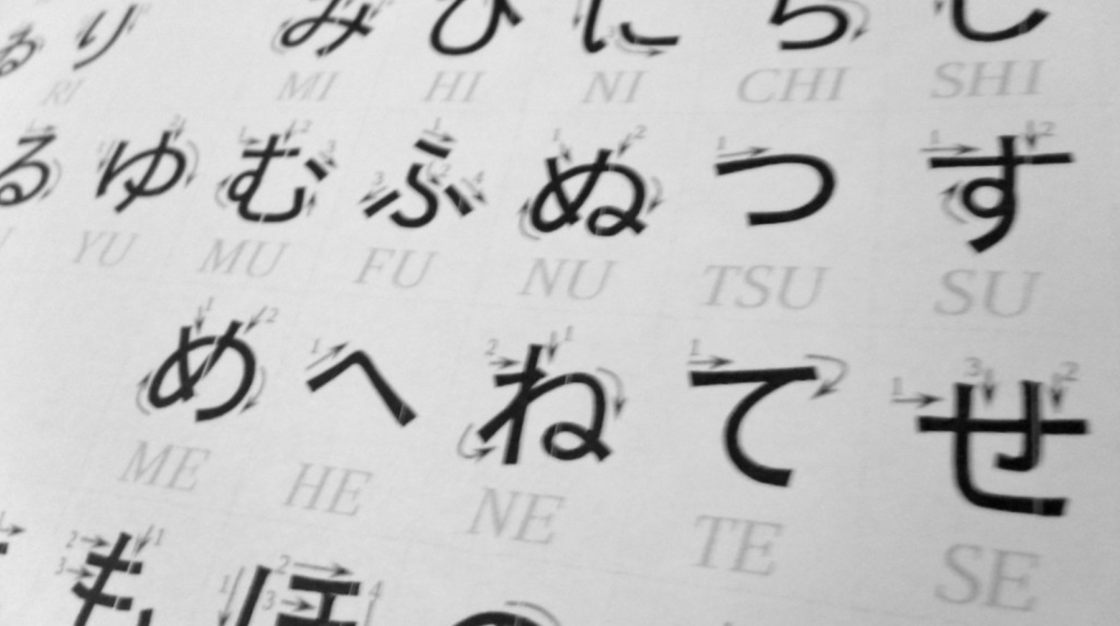






![Teacher [Milk] Tea: Part 2](https://bisvquill.com/wp-content/uploads/2024/03/Screen-Shot-2024-03-19-at-9.28.48-PM.png)










